We were lucky to catch up with David H. Parker & Aija Penix recently and have shared our conversation below.
David & Ajia, appreciate you joining us today. What’s been the most meaningful project you’ve worked on?
The most meaningful project I’ve had the privilege to work on is this year’s strategic planning initiative with Birmingham Black Repertory Theatre Collective (BBRTC), powered by Cricket Island Foundation. The endeavor was fueled by BBRTC’s co-founders, Carlton V. Bell II and Aija Penix, and incoming Co-Artistic Directors, myself and Jada Cato–through our leadership transition, we will solidify the organization’s mission in alignment with its priorities, values, and vision.
The project commenced with comprehensive research, involving interviews and discussions with 12 key stakeholders, including staff, advisory board members, artistic partners, and funders. Additionally, surveys were conducted among former cast/crew and artistic partners, yielding valuable insights that culminated in a strategy session where major findings were shared, and brainstorming unfolded to shape BBRTC’s future.
What makes this project profoundly meaningful is its emphasis on addressing the root causes of inequity in the arts sector and supporting historically marginalized communities. The commitment to inclusivity is evident in BBRTC’s ‘by us, for us’ model, prioritizing leadership of Southern individuals within the margins. The project revealed the organization’s strengths in mission alignment, flexibility, and a brave, welcoming work environment.
It also brought to light some opportunities for internal growth, notably in response to capacity issues that historically hinder marginalized staff from taking on more impactful projects and financial constraints impacting long-term support for artists. Despite these challenges, the project offers BBRTC with a chance to showcase a new affinity for leadership structure and redefine the cutting edge of theatre and cultural organizing. We have already identified ways to support our artists living outside of Birmingham, as well as uplift our annual Intergenerational Theatre Lab in summer 2024, International Black Theatre Day in conjunction with the CRAFT Institute, participation at the Southeastern Theatre Conference, and more. This undertaking is in its infancy, and will continue to showcase the resilience of BBRTC and its potential to make a lasting impact in our arts community.
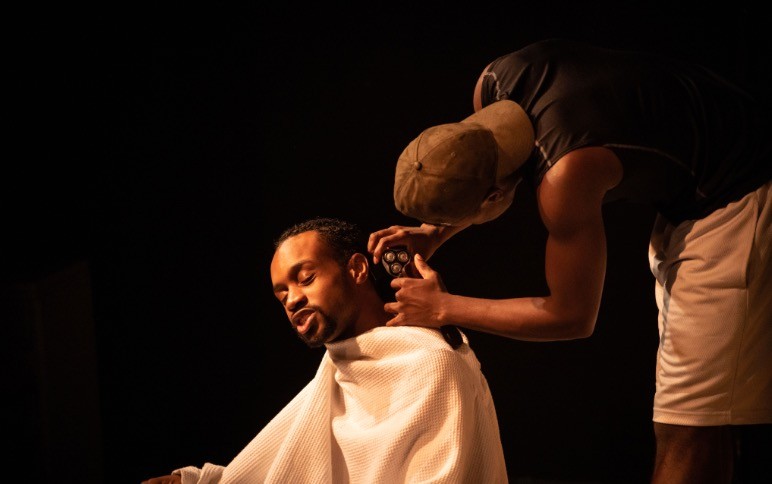
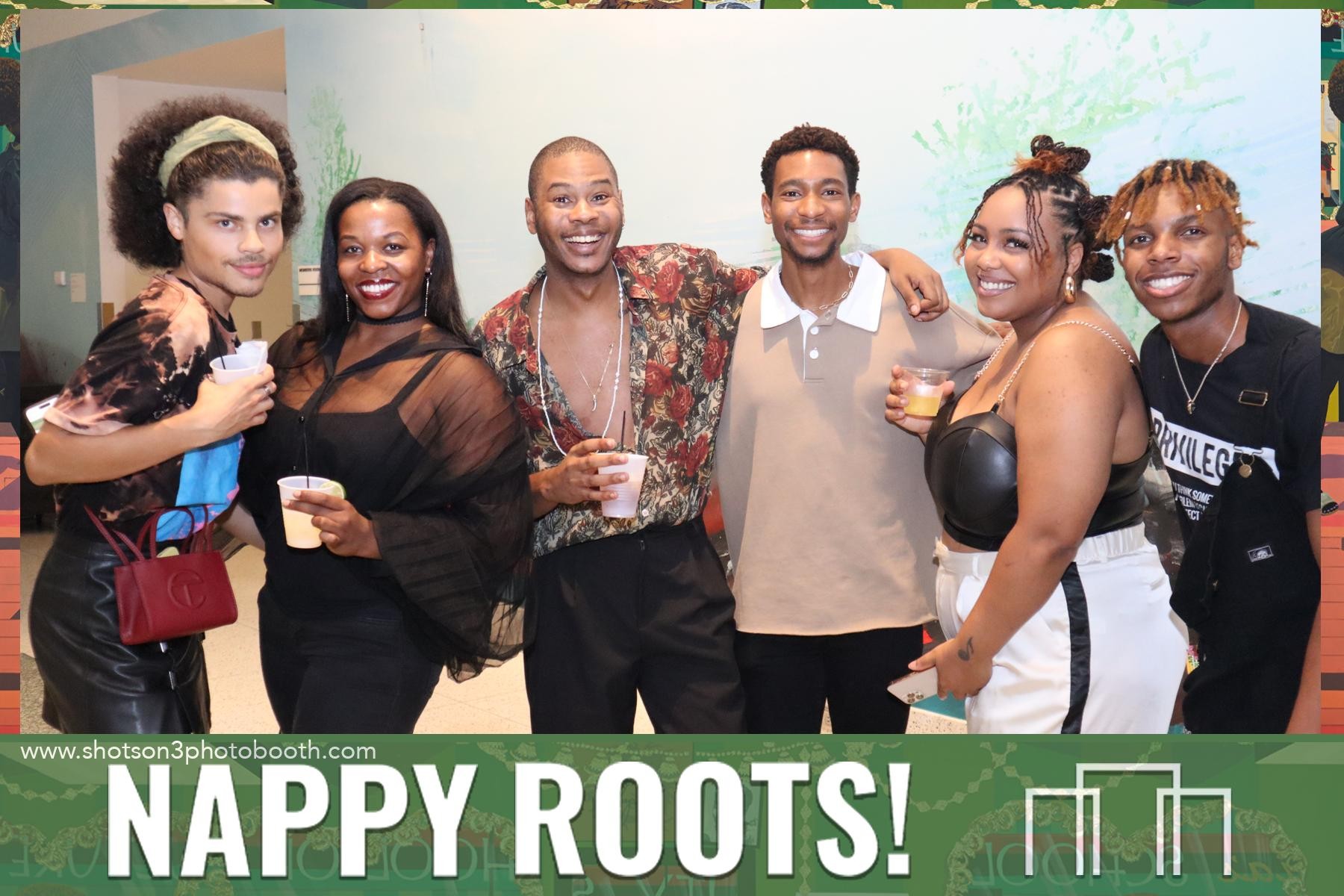
David H. Parker , before we move on to more of these sorts of questions, can you take some time to bring our readers up to speed on you and what you do?
Birmingham Black Repertory Theatre Company (BBRTC) emerged in 2018 as a dynamic response to the need for a transformation in the Southern, Black, and (by virtue of its leadership) Queer theatrical landscape. Activated as a “traditionally structured” theatre company, complete with an Artistic Director, Board of Directors, and 501c3 status, BBRTC embarked on its journey parallel to the “We See You White American Theatre Movement.” The driving force behind its inception was a commitment to fostering equity, inclusivity, and access for Black theatre artists in the southern region.
BBRTC’s distinctive approach is a laser focus on amplifying the narratives of individuals across the African diaspora living on the margins. The organization has made an unwavering commitment to hiring within marginalized groups, such as Black women, Black Queer individuals, and Black disabled people. This intentional inclusivity extends beyond the stage, shaping the very fabric of BBRTC’s organizational structure. At its core, BBRTC’s mission transcends local boundaries, aiming to contribute to the national movement to decolonize American theatre. The organization stands as a beacon of socially-conscious, focused organization, championing the voices and perspectives of Black theatre-makers. The genesis of BBRTC mirrors a dynamic response to the imperative need for change within the theatrical landscape, aligning itself with a broader movement for a more equitable and representative American theatre.
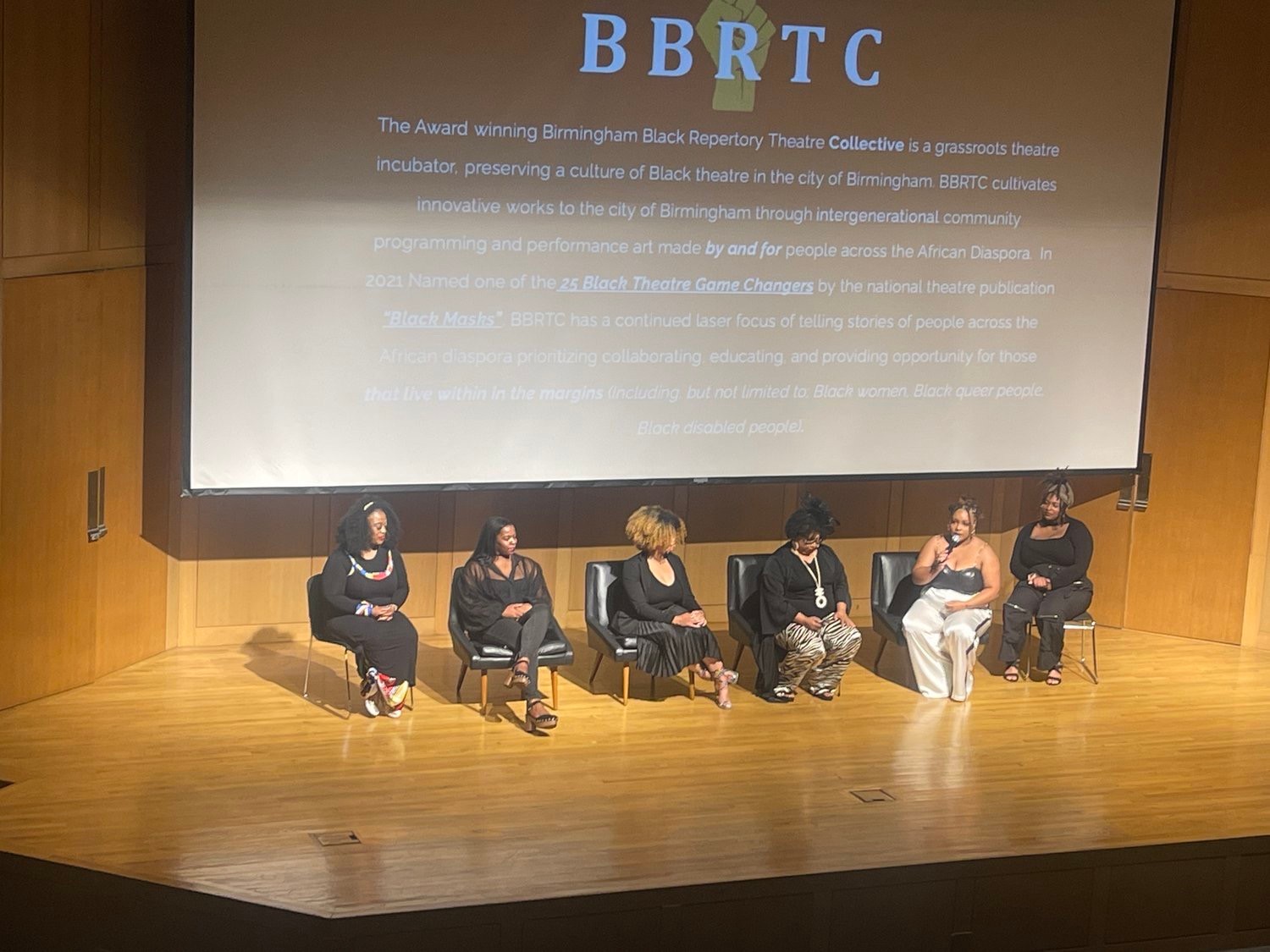
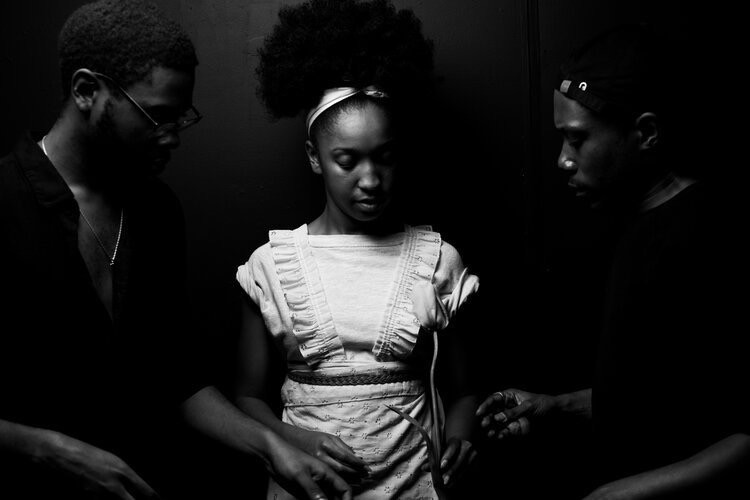
Can you share a story from your journey that illustrates your resilience?
2020 was a year where societal stressors intensified and ultimately broke down to their smallest parts, leaving space for artists to rebuild. This was no different for BBRTC. During the summer of 2020, at the height of global unrest, mental fog, and uncertainty, BBRTC set an immediate goal to support several local artists in Birmingham by bringing them together for a project that would later be called “is anybody out there?” written by Carlton V. Bell II, edited and scored by Aija Penix, and starring Devin Ty Franklin, Michael Charles, and Rachel Simonne. BBRTC brought me on to direct, a relationship that would continue into several projects, including my incoming Co-Artistic Directorship.
Outgoing Director of Development Bell said of BBRTC’s primary reasons for passing the baton, “No movement should have leaders in place this long [7 years]. It’s time, so that we can develop a sustainable culture. BBRTC has provided us a platform for our careers and we don’t want to monopolize it! This will allow our community to stand on its own two feet.” Outgoing Chief Artistic Partner Penix added that the “professional development of our own skill sets to further our own role in movement practices by creating & positioning movement leaders.” Parker plans to continue in their aunties’ stead by listening to the “audacity and unbending will of our team and audiences.”
BBRTC continues to be an intergenerational creative hub and incubator for both students and professional theatre makers in the southeast that centers Black artists within the margins of oppression within American theatre including Black Queer artists, Black women artists, and Black disabled artists. “There was no reason that during 2020 we felt like we had to either make something, or we would lose ourselves. The script cj [Bell] produced for us that summer was about being siloed and unheard, the degradation of mental health without support networks, the lack of medication support for people living with HIV. We did it because we had to,” said Parker. “And now it’s streaming on an Emmy-nominated platform, Open Television or OTV, and all we’ve done is mind our business and keep the needle moving forward! If that ain’t the magic and spirituality of Blackness hard at work, I don’t know what is…”
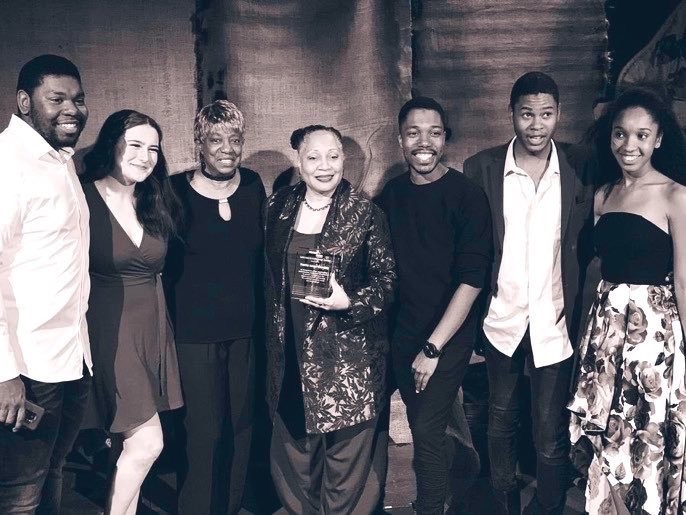
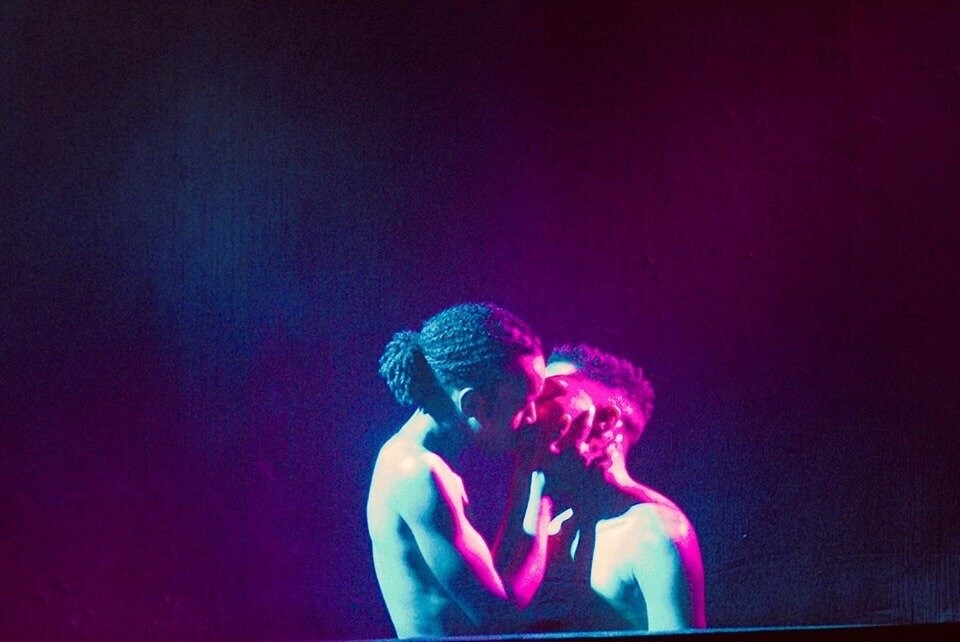
In your view, what can society to do to best support artists, creatives and a thriving creative ecosystem?
Director of Development Bell quotes, “Representation is simply not enough. The ‘Diversity, Equity, & Inclusion’ initiatives in the US in artistic spaces will not save us, our collective liberation requires that institutions invest in more critical race theory through an Afro-Centric paradigm, and start centering practices that start with the wellness of the young artists and their artistic gifts.” As of 2024, Birmingham Black Repertory Theatre Collective continues to succeed due to a successful and flexible system of operations, strong community support, cultural investment in leadership development, and a strong set of clear values set forth by dedicated membership despite systemic barriers of financial support. BBRTC has employed over 150+ Black artists, awarded over $20,000 in scholarships/micro-grants, and paid out over $60,000 in artist fees since its inception. You can always reach out to [email protected] to send in a donation or uplifting word!
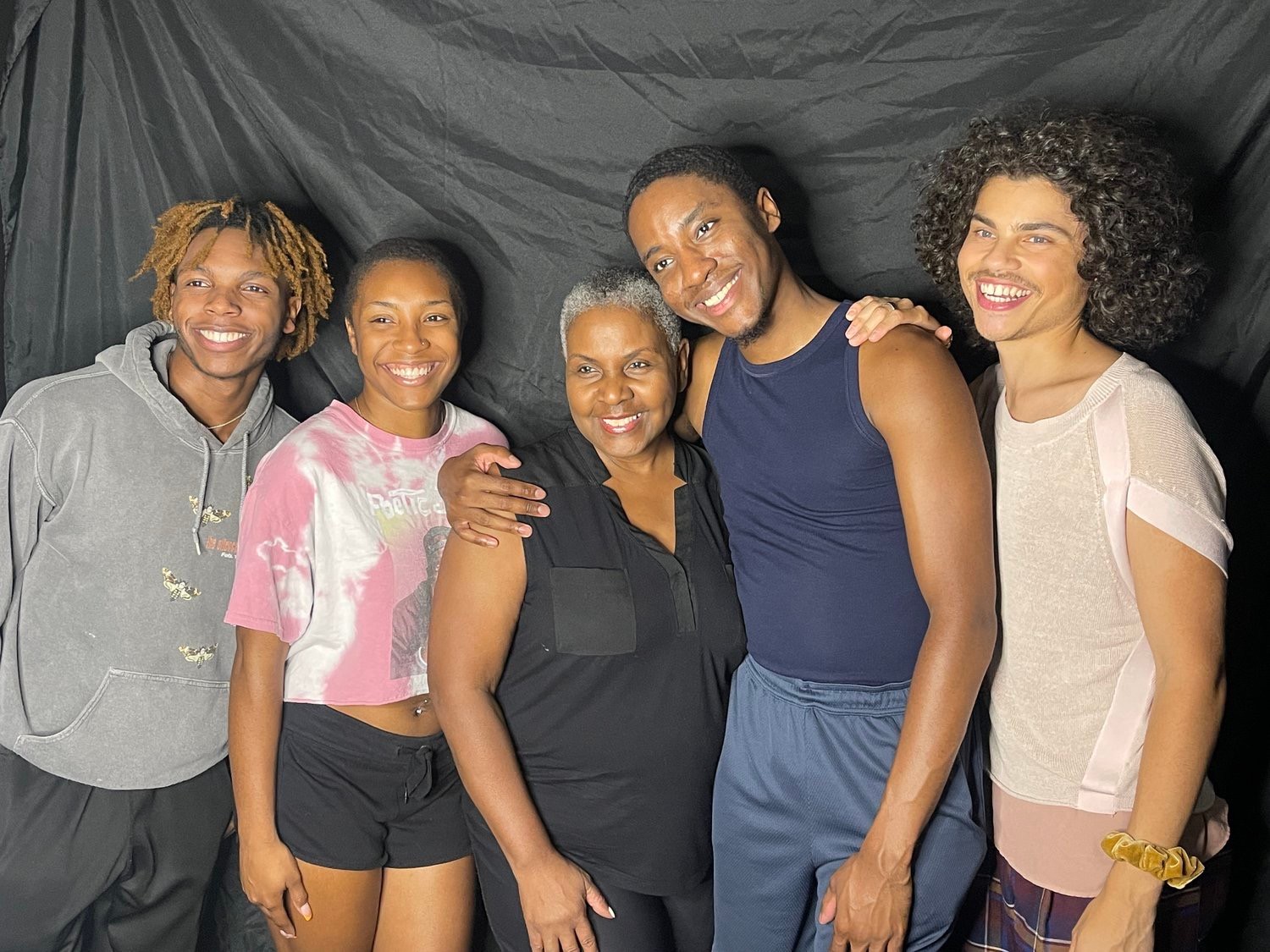
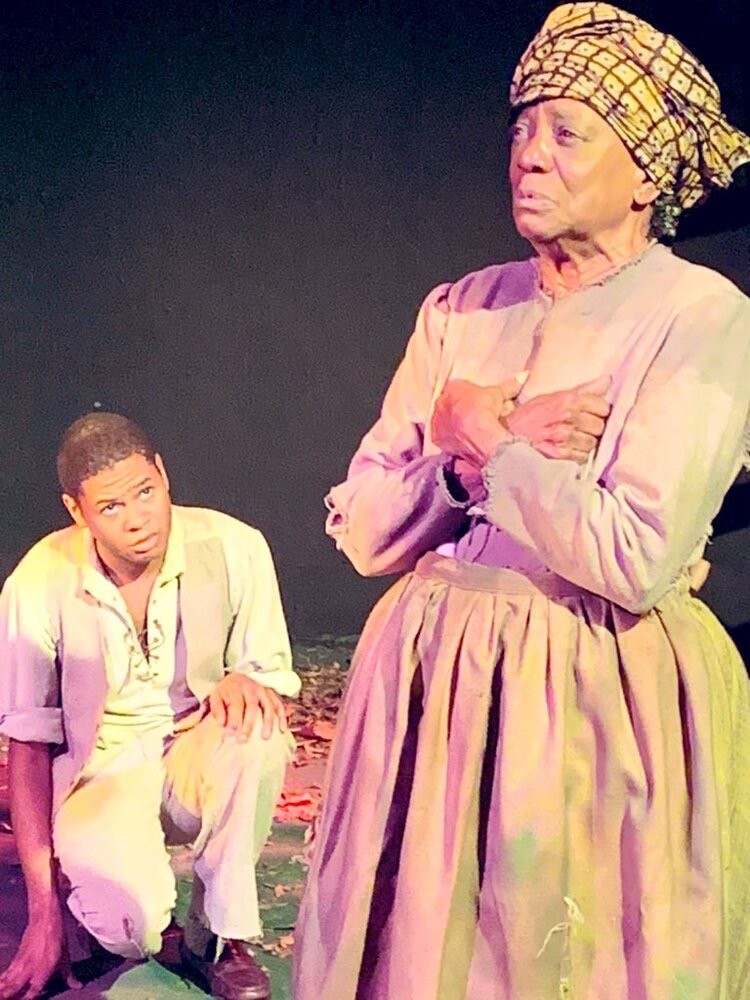
Contact Info:
- Website: http://thebbrtc.com
- Instagram: https://www.instagram.com/iamaija/ & https://www.instagram.com/davidhparker_
- Facebook: https://www.facebook.com/BhamBRTC/


